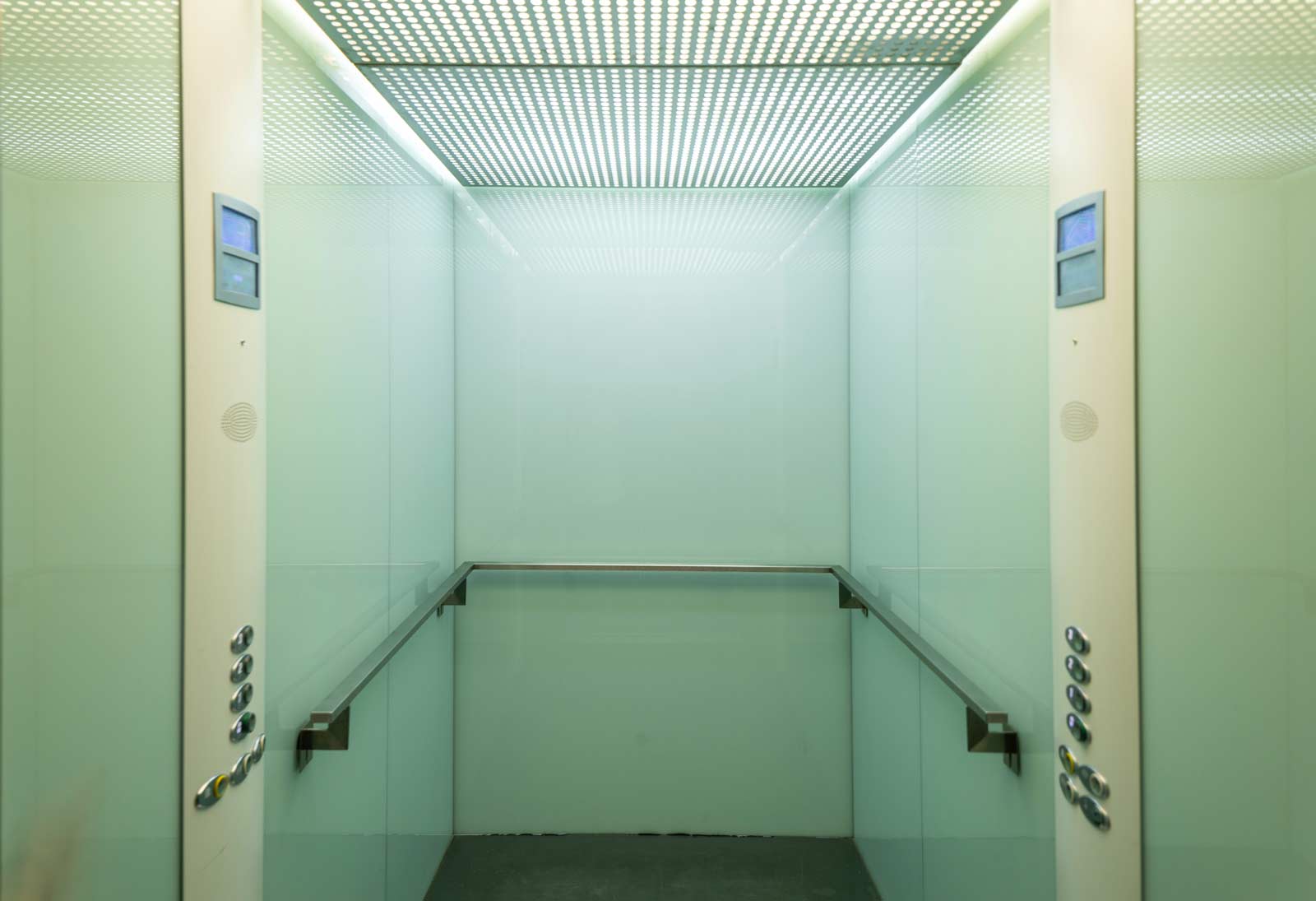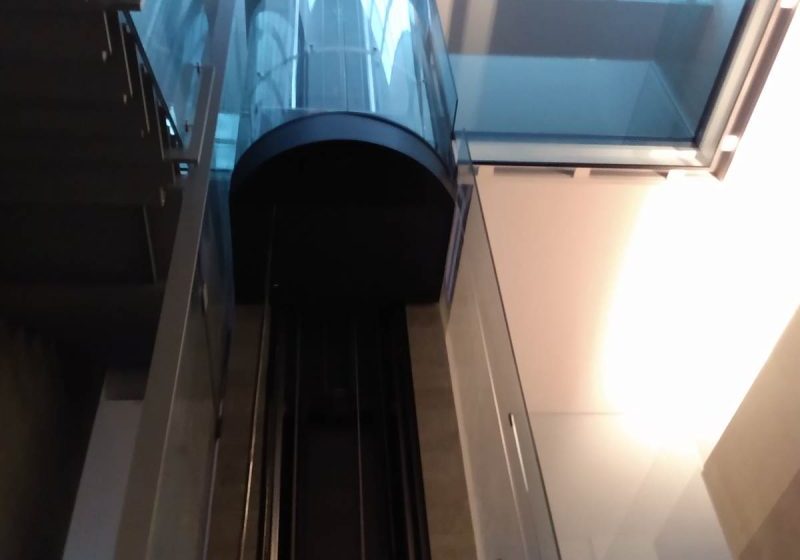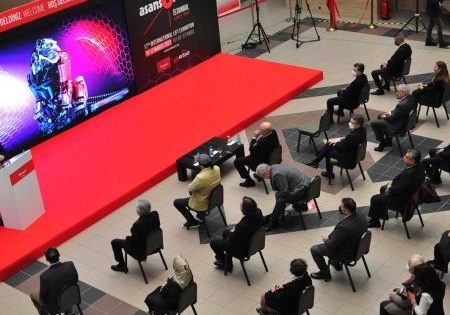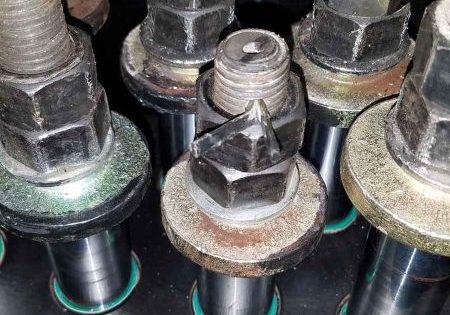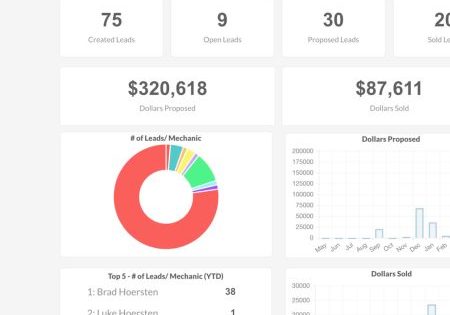In this Readers’ Platform, your author explains why many states are missing the mark with their elevator programs.
The safety of the riding public and the industry’s workforce is the highest priority for the National Elevator Industry, Inc. (NEII) and its members. As a key tool in accomplishing our goals, NEII promotes comprehensive elevator programs for all jurisdictions that address requirements, training and administration for all aspects of managing building transportation equipment.
A Model Elevator Law Outlines Key Program Components
For nearly three decades, NEII has worked collaboratively with the International Union of Elevator Constructors (IUEC), the Elevator Industry Work Preservation Fund (EIWPF) and other industry stakeholders to develop and promote the adoption of model elevator legislation in every state.
The industry’s Model Elevator Law (MEL) promotes the following provisions for a comprehensive elevator program:
Licensing: Elevators, escalators and other building transportation equipment are very complex and technical. Minimum standards for contractors, mechanics and inspectors make sure industry personnel have the necessary education and training to work effectively, safely and in accordance with the applicable safety codes for the numerous types of equipment used by millions of people every day.
Inspections: Requiring regular inspection, alongside dependable interpretation of codes and standards, predictable enforcement criteria and well-trained inspectors, provides certainty that elevator work is performed correctly and that the equipment complies with applicable industry safety codes.
Permitting: Permits issued by the jurisdiction provide a means to track the installation, operation and alteration of equipment. This information is integral to the management of an effective program and oversight to ensure equipment is functioning properly before the public is allowed to use it.
Governance: Establishing an elevator safety advisory board with representation from elevator manufacturers, service providers, labor, building owners, designers and the public provides important technical assistance to help in the administration of a program.
Most State Programs Fall Short
As we began 2022, Kansas and Delaware were the only states without elevator programs. Kansas Governor Laura Kelly, however, signed the Kansas Elevator Safety Act into law on April 14 to establish a statewide program, leaving Delaware as the only state without a program.
The 48 current programs — soon to be 49 — all include permitting and inspections, which is critical for determining whether equipment meets industry safety codes. More than half of the state programs, however, do not include the other key components NEII promotes to ensure the safety of industry personnel and the riding public. For example, only 26 of the statewide programs, including Kansas, have a board or advisory committee dedicated to assist in the adoption of elevator codes, industry licensing and other program management issues.
More than half of the state programs, however, do not include the other key components NEII promotes to ensure the safety of industry personnel and the riding public.
More concerning, however, is the number of states that do not require licenses for mechanics, inspectors and/or contractors.
- Only 24 states, plus the District of Columbia, require that elevator mechanics, inspectors and contractors all must be licensed*.
- Of the remaining states, there is a hodge-podge of industry license requirements as follows:
- one state requires contractor and inspector licenses
- three states require mechanic licenses only
- three states require elevator contractor licenses only
- three states require contractor and mechanic licenses
- five states require mechanic and inspector licenses
- seven states require inspector licenses only
- With the remaining four states requiring no industry licenses at all!
*NEII’s numbers are based on licenses specific to the elevator industry and do not include electrical, general contractor or other licenses that may be required.
Kansas Elevator Program To Begin in 2023
Over the last four years, NEII and its industry partners focused efforts on Kansas to create a new elevator program. After several attempts, the Kansas Elevator Safety Act was passed by the Kansas Senate in 2021. In 2022, the elevator bill was passed in the Kansas House on March 31 and signed into law on April 14.
Since Kansas was one of only two states without a statewide program at all, establishing an elevator program in the Sunflower State has been a priority. Local lobbyists served as our experts in navigating the process, developing a strategy for success in that state, and building relationships between the industry and lawmakers. Together, a bill was drafted based on the industry’s MEL with modifications to align with the Kansas regulatory structure and comparable programs.
As the bill moved through the Kansas Statehouse, NEII and organized labor met with key legislators to discuss the issue and underscore the importance of a statewide elevator program to the safety of mechanics and the riding public across the state. Within each committee’s process, NEII provided technical written comments and gave verbal and written testimony in person at committee hearings on the bill. In addition, at a key moment in the process, the industry organized a briefing and on-site demonstration of elevator equipment at the Kansas Statehouse for legislators in the House. NEII, the IUEC and EIWPF were joined by leadership and field representatives from MEI-Total Elevator Solutions — the company providing maintenance to the elevator equipment in the Kansas Statehouse — to show legislators the inner workings of the unique and historic cage elevator still in operation at the Kansas Statehouse and describe why specialized education and training is needed to work on all building transportation equipment.
In highlighting the complexities of our industry’s equipment along with an explanation of the high level of precision and training required of mechanics, we were able to illustrate the reasons why an elevator program would result in safer buildings in Kansas. Now that Kansas has become the 49th state to adopt a statewide elevator program, NEII, IUEC, EIWPF and other industry partners stand ready to provide assistance as the state begins implementing this important program.
What’s Next?
As this edition goes to press, elevator safety legislation in Ohio may still pass this year. House Bill 107 provides for the licensure of elevator contractors and mechanics and would establish an elevator safety review board. This bill passed the Ohio House in 2021, and the industry is working to secure passage in the Ohio Senate.
NEII and its partners will continue to encourage Delaware to develop a statewide elevator safety program, even if it is merely working with the state to establish guidelines for the minimum standards and other requirements that are then implemented by local jurisdictions.
In addition, NEII and its partners will continue to urge other jurisdictions to close any gaps in their programs to ensure the safest possible building transportation industry nationwide.
Get more of Elevator World. Sign up for our free e-newsletter.
